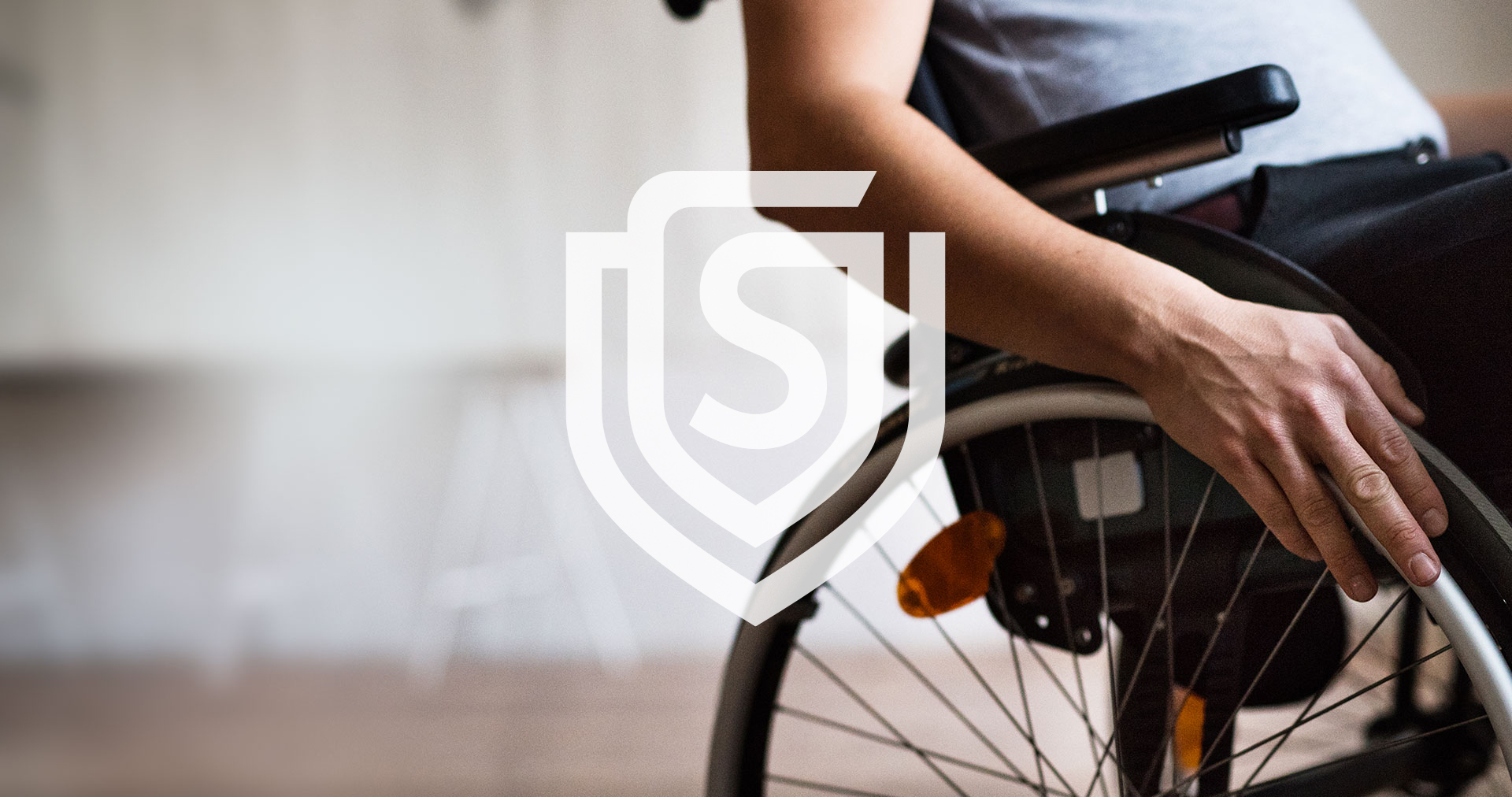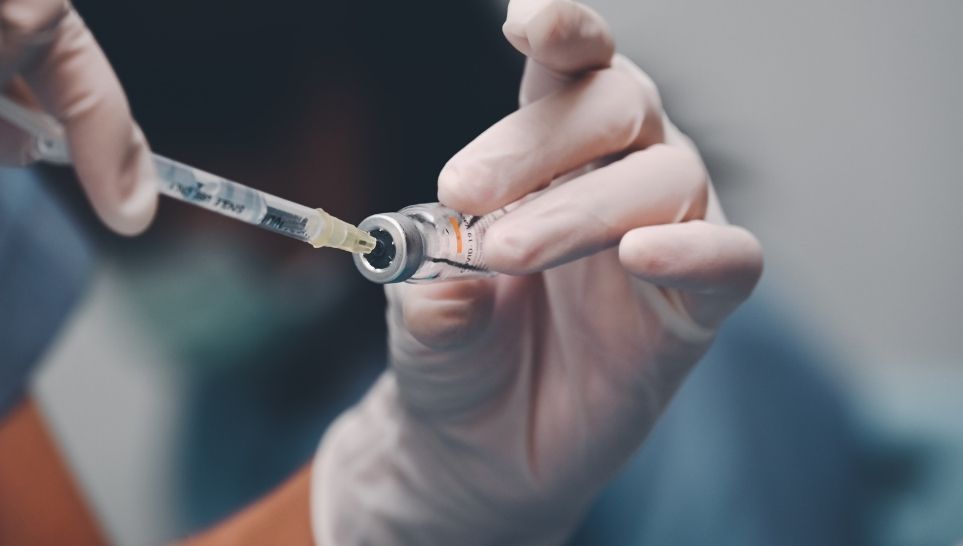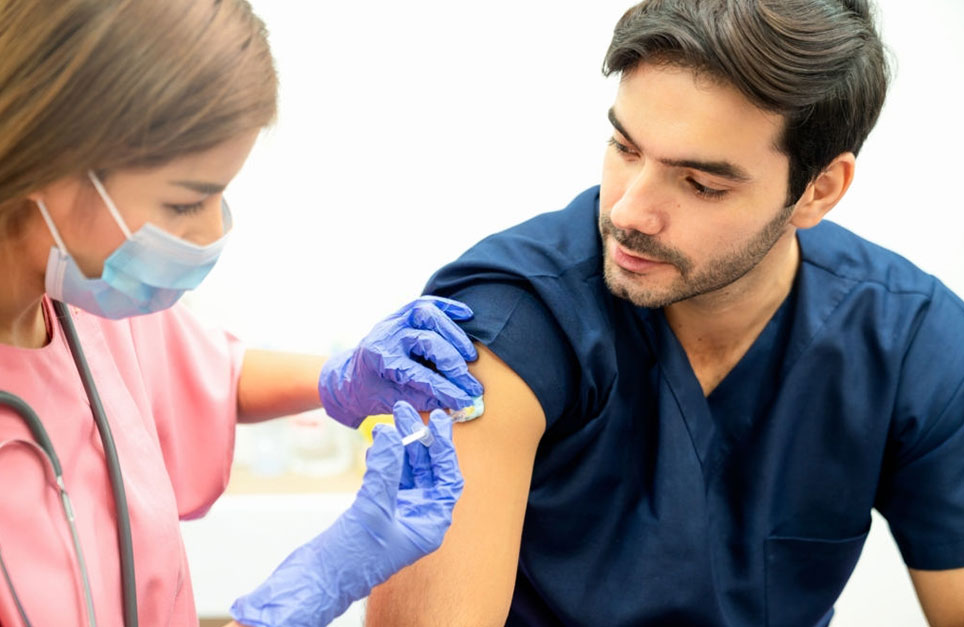The risk of adverse effects with a vaccination are certainly a reality. Yet many parents still choose to vaccinate regardless of the risks involved. But, what happens when something does go wrong? Shouldn’t they be compensated for their pain and suffering? Many say absolutely yes. Actually, 19 countries have programs in place to help with this very thing. However, there are many countries that haven’t jumped on board yet, including Australia.
But, what about children like Jacob McCarthy? As a baby, he swallowed a spoonful of vaccine given by his doctor to protect him from polio. And, that “live” vaccine, which contained small amounts of weakened polio virus, gave him the painful and paralytic symptoms of the devastating disease it was supposed to guard against.
It was a chance that officials calculate to be one in 2.5 million – and Jacob was the one.
Now 15, the Queensland teenager is the case study in an escalating scientific debate over failure to compensate the rare but tragic cases of what health officials call “adverse events”.
Associate Professor Heath Kelly, who heads the epidemiology unit at the Victorian Infectious Diseases Reference Laboratory, and David Isaacs, a member of the Federal Government’s Vaccine Advisory Committee, argue in the Medical Journal of Australia this month that the community owes a “debt of gratitude” to children harmed by vaccines given to provide the community with “herd immunity” against some of the world’s most dangerous diseases.
Professor Isaacs, who is on both the immunization and the adverse drug reactions advisory groups of Australia Health Department’s Therapeutic Goods Administration (TGA), said yesterday he had raised the proposal at meetings of the Technical Advisory Group on Immunization, as a matter of “ethics and justice”.
“It’s the sort of thing a caring government could do to encourage people to get their children immunized,” he told The Australian.
“Very, very rarely a vaccine harms a child. If they suffer long-term complications, currently the only way to get compensation is to prove someone is at fault – when no one is at fault. “The fair thing to do would be to have a no-fault compensation scheme.”
With withered legs and a waddling gait, Jacob suffers from transverse myelitis, caused by an inflammation of the spinal cord that manifested six days after his routine immunization with oral Sabin™ as a six-month-old.
He was two before he took his first steps and spent most of his childhood in a wheelchair.
Jacob’s mother, Trish McCarthy, from the north Queensland town of Innisfail, has considered suing for compensation but says no lawyer will touch the case. She first noticed Jacob’s paralysis six days after his routine immunization against polio.
Nine years later, Jacob’s laboratory results caught the eye of Professor Kelly who, on behalf of the Federal Government’s Australian Pediatric Surveillance Unit, was on a mission to prove his hypothesis that six cases of transverse myelitis after vaccination against polio were purely coincidental. Yet, at the end of the investigation he ended up not believing his own hypothesis.
“What we are doing as a community in promoting vaccination is protecting children, but once in a million doses something goes wrong. “When this happens, we shouldn’t just wipe our hands and walk away. As a community we owe a debt of gratitude to that person, and it is our responsibility to look after and compensate children when something goes wrong.”
With no programs in place, Jacob’s family has not seen a cent. Mrs. McCarthy is now very leery of vaccines and has chosen not to vaccinate her other children. And, she says, “I always wonder what it would be like if I hadn’t vaccinated him.”






